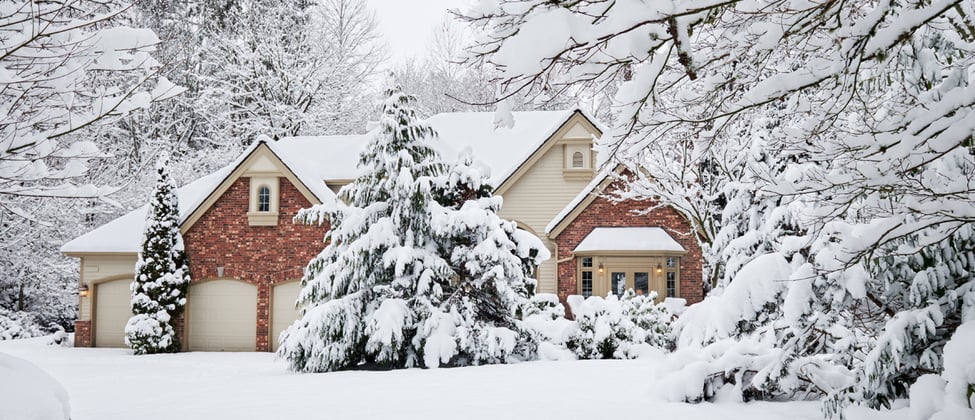When considering the best time to buy a home, several factors come into play, including the season, market conditions, and your financial situation. Understanding these elements can help you make a well-informed decision.
Choosing the right time of year is crucial. Typically, January offers the lowest prices as fewer buyers are active in the market due to cold weather and post-holiday blues. Sellers may be more inclined to accept lower offers, and properties tend to linger on the market longer.
As the year progresses, the market picks up momentum, particularly from February onwards. Spring marks the busiest time for homebuyers, with increased inventory, rising prices, and heightened competition. Many aim to finalize purchases during this period to facilitate summer moves.
House prices often peak during the hot summer months, particularly in June and July, before gradually declining in the fall. By December, market activity tends to slow down, partly due to holiday distractions.
Ideally, buying in a buyer's market, characterized by low prices and ample inventory, is advantageous. Conversely, a seller's market presents challenges, such as high prices and limited options, with sellers having the upper hand in negotiations. However, an experienced real estate agent can provide valuable guidance regardless of market conditions.
While it's tempting to time the market to maximize savings, attempting to do so can be futile. Real estate markets are unpredictable and subject to fluctuations. Instead, focus on finding the right home for your needs and financial circumstances rather than waiting for the perfect market conditions.
Assessing your life stage is crucial before diving into homeownership. Ensure financial stability and budgetary preparedness to manage mortgage payments and associated expenses. Consider your housing requirements, such as the size of your household and desired location, and evaluate long-term plans.
Factor in additional costs like maintenance, repairs, and emergency funds to account for unforeseen expenses. Having financial reserves in place can provide peace of mind and cushion against unexpected home-related issues.
Ultimately, the decision to buy a home should align with your lifestyle, financial goals, and personal circumstances. By considering the season, market dynamics, and your individual needs, you can navigate the homebuying process with confidence and clarity.

